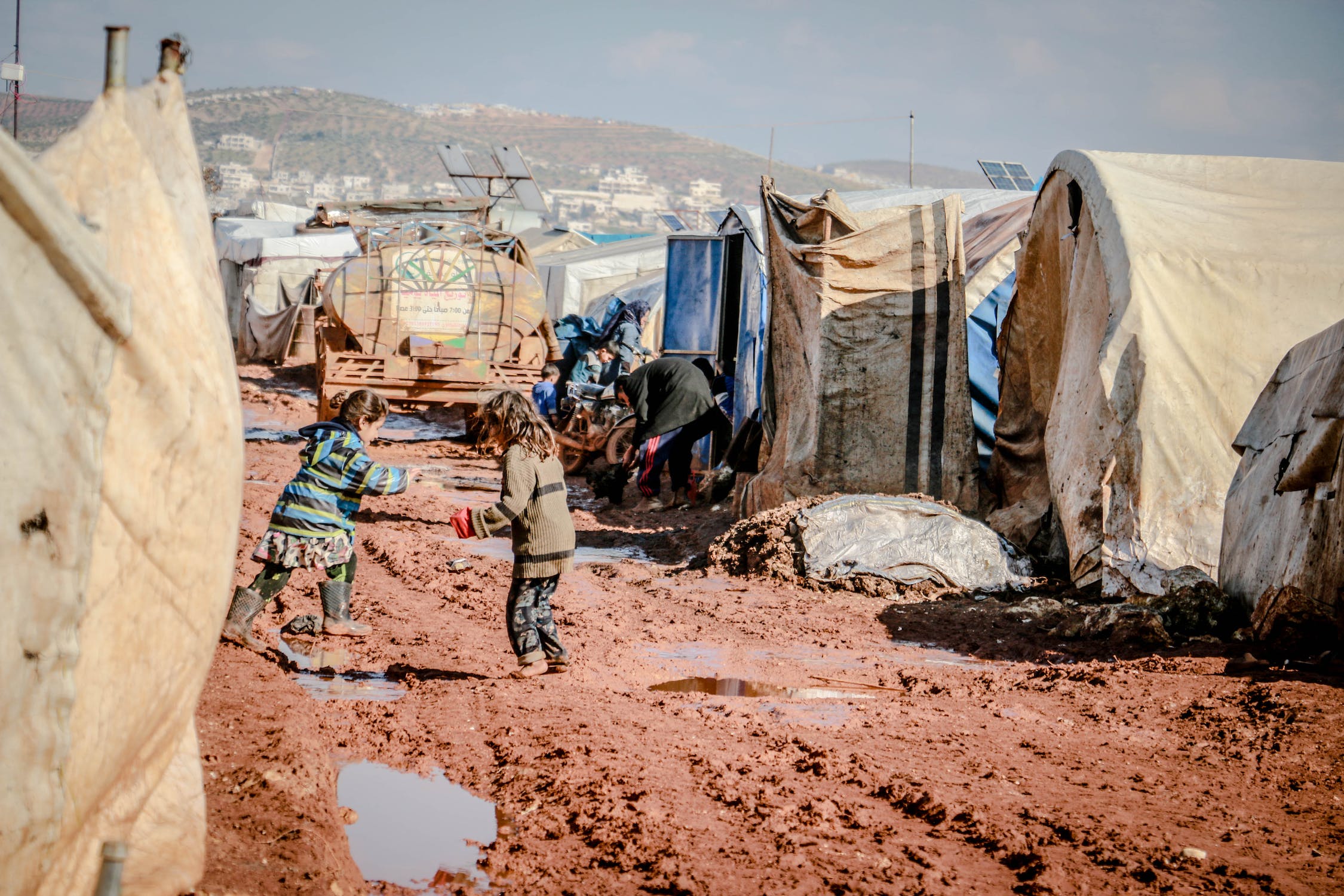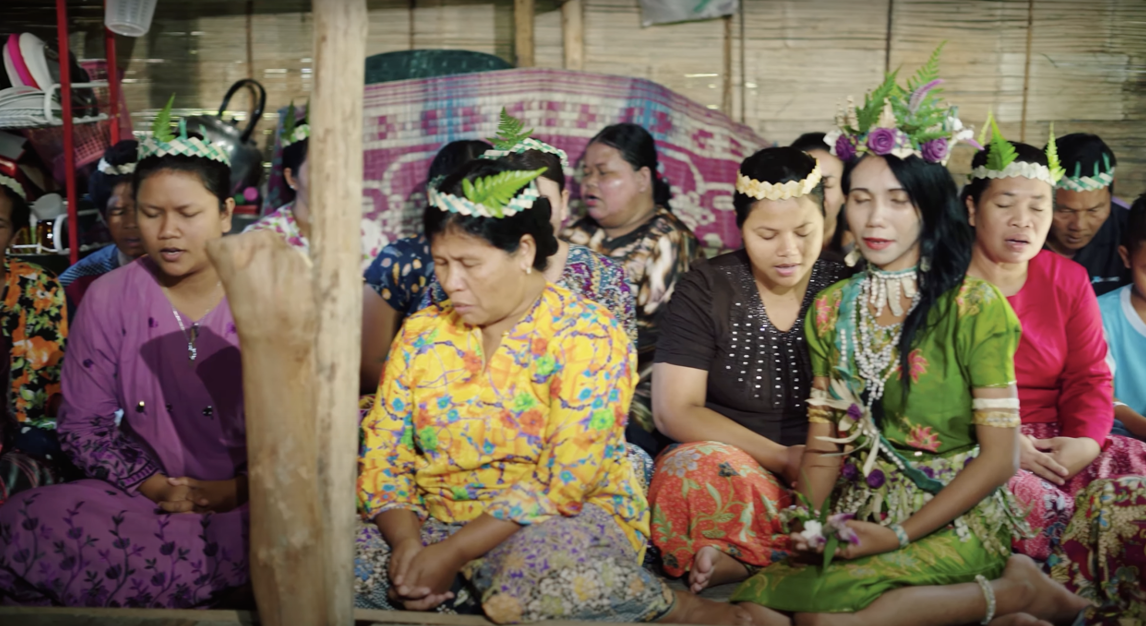International Migrants Day: Immediate Action Needed

18 December
Introduction
On December 18, 1990, the UN General Assembly adopted the International Convention on the Protection of the Rights of All Migrant Workers and Members of Their Families, a multilateral treaty created to recognise and address the struggles of millions of migrants every year. International Migrants Day is celebrated annually in its commemoration. Migrants and displaced people face significant challenges in their pursuit of better opportunities and living conditions. Regardless of the factors compelling them to move, whether due to war, persecution, economic disenfranchisement, or, increasingly, climate change – it is essential to recognize the struggles of migrants and advocate for the protection of their rights. Unfortunately, these individuals are often at great risk both throughout their journeys and once they have settled into a new home. This article examines some of these challenges and the ways they may be addressed.
2023 Theme: Act Today
Addressing the issues migrants around the world face requires immediate action from the international community. States must fulfil their international commitments and responsibilities by implementing all action necessary toward the betterment of migrants’ conditions. This may entail greater funding for healthcare, education and other basic needs, stronger legal protections against discrimination, more robust integration policies, and increased international cooperation to address the root causes of large-scale migration.
Challenges to Migration
The International Organization for Migration (IOM) estimates that there were over 281 million migrants in 2020 – approximately 3.6% of the global population.[i] This figure has steadily risen over recent decades. Migration is an essential feature of human history, and it is only expected to become more prevalent. It is therefore disheartening to consider the continued challenges migrants face prior to, during, and after their journeys – if they are ever even completed.
Migration as a function of unstable domestic conditions
Leaving one’s home is a difficult choice often made for reasons beyond one’s control. Many move in search of economic opportunity, often sending remittances back home to support their families. The year 2020 alone saw an estimated $702 million USD in remittances, and for many nations, this flow of money constitutes a significant share of national income.[ii] Others migrate due to even more precarious conditions. Data from the UNHCR indicates that, as of May 2023, 110 million people were forcibly displaced from their homes due to conflict, persecution, and human rights violations. Over 35 million among them are refugees displaced across borders.[iii]
Leaving one’s home constitutes a significant undertaking that warrants a compassionate perspective from the global community, particularly within developed nations. Regrettably, it is too often met with disdain. It is important to remember in this context that many of the reasons for people’s migration are motivated by legacies of colonisation and economic plunder conducted by wealthy nations at the expense of the Global South. Mass migration is not a singular phenomenon; rather, it manifests as a symptom of deeply rooted historical inequalities.
Perils in search of a new home
The dangers migrants face are numerous and significant. Many must traverse large and arduous distances across conflict zones and inhospitable terrain, with few resources to support them along the way. Data from the IOM suggests that the period of 2014-2023 saw nearly 60,000 migrant deaths recorded. This figure notably does not include deaths that occur in refugee camps (where migrants may be trapped for years) or deaths more loosely linked to migrants’ ‘irregular migration status’, such as those due to labour exploitation, xenophobia, or other structural discrimination.[iv]
It is also common for migrants to spend long periods under unacceptable living conditions. Millions across the globe endure prolonged periods, spanning months or even years, in overcrowded and under-resourced refugee camps. They frequently lack viable employment and struggle to meet the educational needs of their children. Additionally, migrants are often subject to detention at borders, struggling to navigate complex and hostile legal systems, before being deported back to the countries they could not thrive in to begin with. It is imperative that the international community attend to the needs of those in such conditions, and create safer pathways for their journeys.
Stigmatisation and the difficulties of integration
The difficulties migrants face do not end upon their arrival on new shores. Even as they take on jobs, build families, forge social networks, and become active members of their new society, they remain disproportionately at risk of discrimination and unfavourable living conditions. Increasingly across dozens of developed countries it seems, they are the subject of targeted and contemptuous rhetoric not only at the hand of fringe political parties, but even those in power. Such stigmatisation is not without consequence.
The last decade, seemingly in response to increased migration flows from war-torn countries to the West, has seen a rise in hate crime and hate speech toward migrants, particularly those among minority groups and vulnerable populations. Such inflammatory actions not only violate migrants’’ fundamental rights, but also entrench harmful beliefs that continue to stymie their integration into their new communities. Given that migration patterns of this sort show no signs of slowing down, this discrimination not only demonstrates a moral transgression but also an irrational approach to policy formulation.
Key Steps to Improving Migrant Conditions
Despite these challenges, there are numerous actions governments, civil society, international organisations, and private entities can take to improve the conditions of the hundreds of millions of migrants worldwide:
- Recognise the importance and contributions of migrants: migrants are responsible for innumerable valuable contributions to society. They play a crucial role in countries’ economies, especially developed ones, where their labour, innovation and insights are often the drivers of national growth. Limiting their entrance and neglecting their predicament is just as much misguided demographic and economic policy as it is morally suspect.
- Combat discrimination against migrants: it is not enough for states to absolve their duty toward migrants simply because they allow them into their borders. They have an obligation to ensure their social, economic, and cultural integration into the national fold. Freedom from oppression and discrimination is a precursor to this. Governments must reinforce anti-discrimination mechanisms and ensure full adherence to international human rights standards for all those within their countries, not just those born to them.
- Empower migrant voices: the perspectives of migrants are diverse and important. Immigration policies must be created with a view to their needs, and cannot be a solely top-down endeavour. Including migrant perspectives in decision-making is crucial, whether it be within government itself or by consulting civil society and the public at large.
Geneva International Centre for Justice (GICJ) stands in solidarity with migrants worldwide, and supports efforts toward the betterment of their fundamental rights. We urge governments, international organisations, and civil society to do their part in ensuring their wellbeing by breaking down the structures of their exclusion and facilitating the conditions of their integration.
________________________________________________________________________________
[i] https://worldmigrationreport.iom.int/wmr-2022-interactive/
[ii] Ibid.
[iii] https://www.unrefugees.org/news/five-takeaways-from-the-2022-unhcr-global-trends-report/
[iv] https://www.migrationdataportal.org/themes/migrant-deaths-and-disappearances







